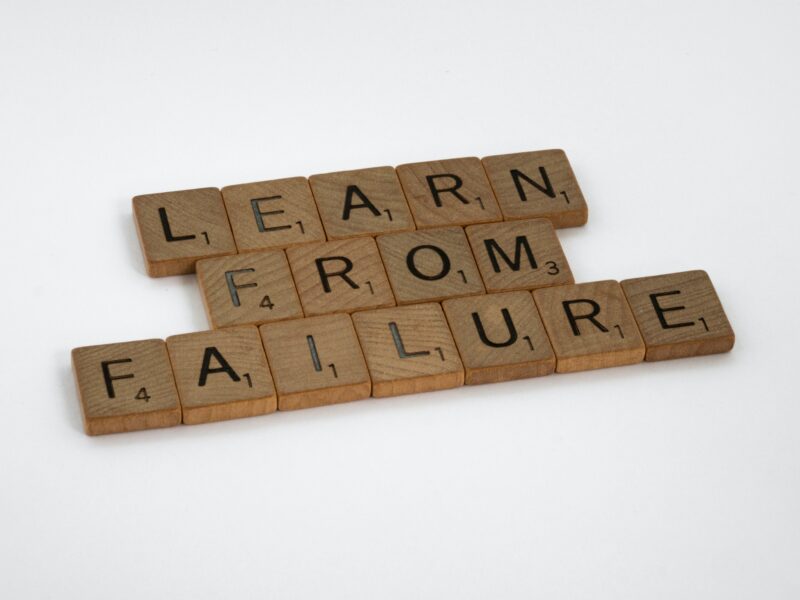There is much written and said these days regarding the perception of the younger generation’s ability to handle adversity and challenges. There are those who argue that the younger generation is not able to navigate the problems most people faced in prior generations. Some might say it is a lack of ability to navigate failure. It might be argued that previous generations did not have social media to share their thoughts and feelings and may have suffered much the same as their contemporaries of today, albeit silently.
Current surveys show mental health issues such as depression and anxiety have grown toward epidemic status among young people. Regardless of whether one believes this is the case or something else is at play it is true that everyone will face adversity and needs essential skills in life to move forward in a healthy manner. What steps need to be in place so that we might frame our minds around overcoming obstacles and building our resiliency in order to work toward a more flourishing lifestyle? Here are some steps toward reframing one’s mindset toward building resiliency. NOTE: We are not talking about true mental health medical conditions here but the types of obstacles and challenges life normally brings. Clinical depression and anxiety are serious issues to be treated with the help of a health care professional.
What is failure? The first step is to understand how one defines failure. While it may seem like an unhelpful platitude, there is general wisdom to the concept that failure is not final if you have learned something from it. Much of this comes back to if we view falling short in something as a final state or a step toward ultimately making it. The concept of failure certainly stands in juxtaposition to the notion of success but failure does not mean success is off the table. Often not succeeding simply means encountering something unexpected along the way.
Foster a development mindset. This is where the reframing of how one thinks about failure is key. Is this roadblock going to become a downward mental spiral of blame, apathy, or victimhood or does this look instead like a chance to reset the goalposts? It is unrealistic for anyone to believe someone will understand all the possible roadblocks to every goal in their life. Often we are going to have an unexpected setback, and that is how we should seek to view these, as setbacks. The word setback is defined as “a slowing of progress.” Note the direct inference is progress is still part of the equation; it just looks different based on something learned along the way. This is where the orientation of a development mindset becomes key. With this outlook, the outcome is as much on what we learn along the way as the achievement of the goal itself. In fact, what we learn along the way may even instruct us that the original goal was not the right one and needs to be adapted. Looking at a setback as a zero-sum failure risks keeping us from some of our most valuable learning experiences.
Cut yourself some slack. Too often, we can be our own harshest critic. When we feel this, we need to take some time for self-examination. Do we truly understand who we felt we let down? Are we striving too hard for the approval of others? Were we overly ambitious in the goal? Was there something more achievable? Rather than immediately allowing our disappointment to become a toxic view of ourselves, we need to find the victories. Concentrate on what has been learned and how it is now a valuable piece of the puzzle for success the next time. Do not allow yourself to hold your expectations of yourself to an unrealistic level. Extend the same grace to yourself that you likely would extend to others.
Again, at the risk of sounding pithy, failure is never complete when you learn something. In other words, if the goal was not reached there is value in what is learned in the experience. Setbacks are the normal, expected outcomes of many things we pursue in life. As we accumulate life experiences and the inherent setbacks within them, we learn how to bounce back. This builds the resiliency muscle that grows us as well-rounded leaders of others.
